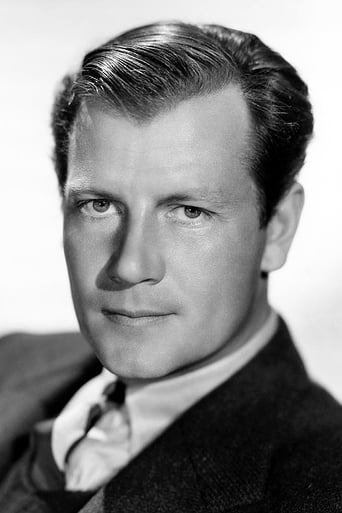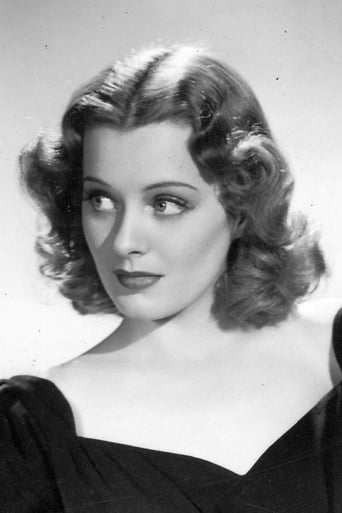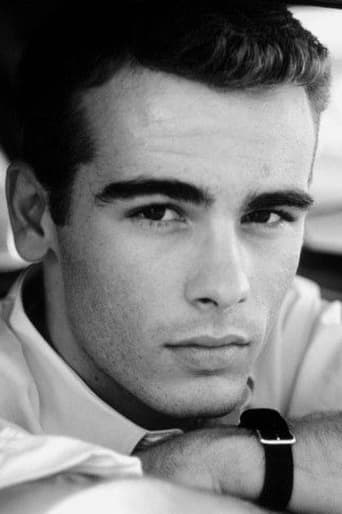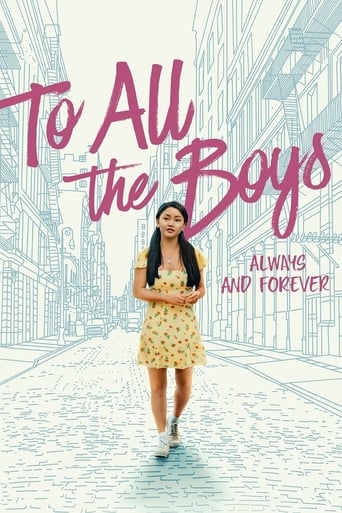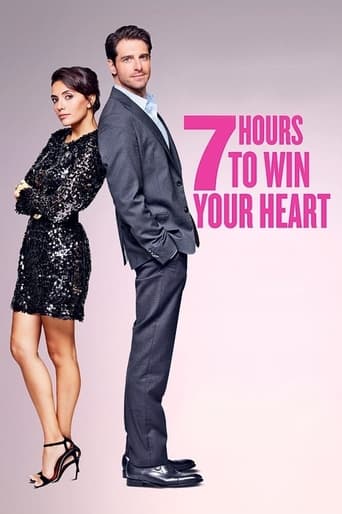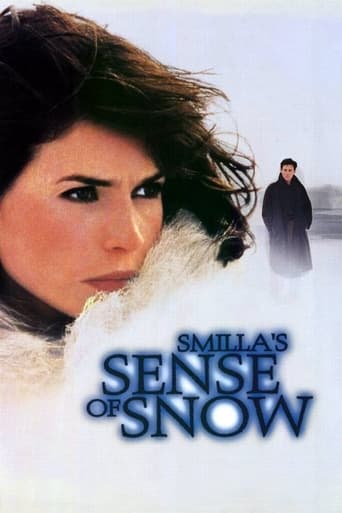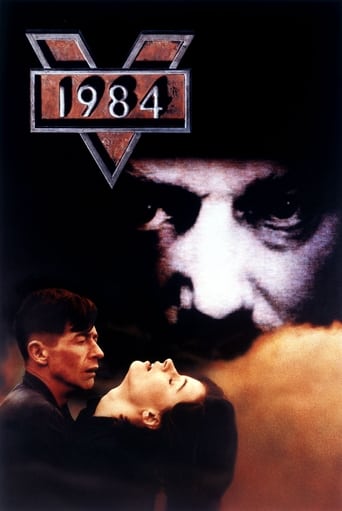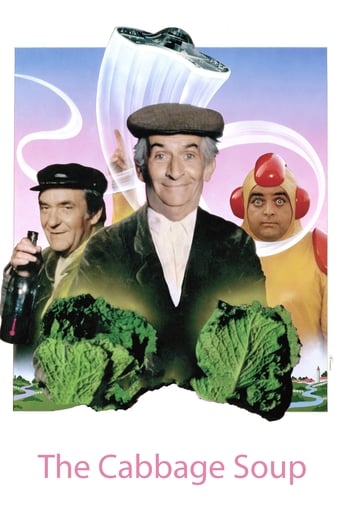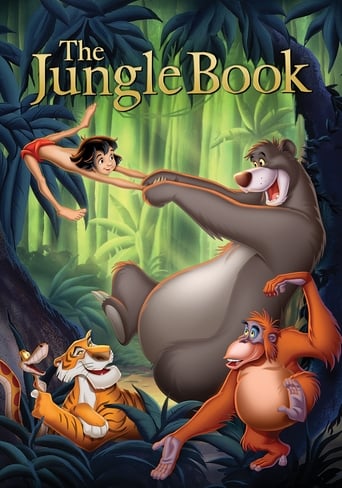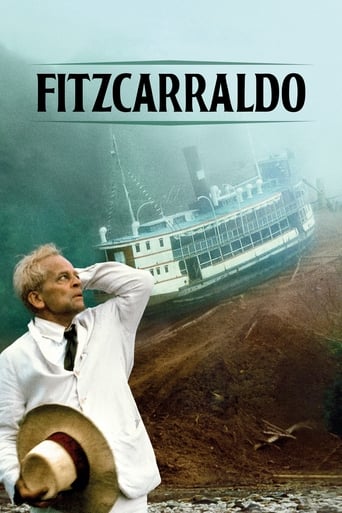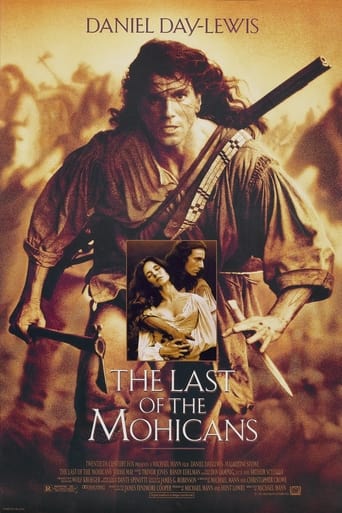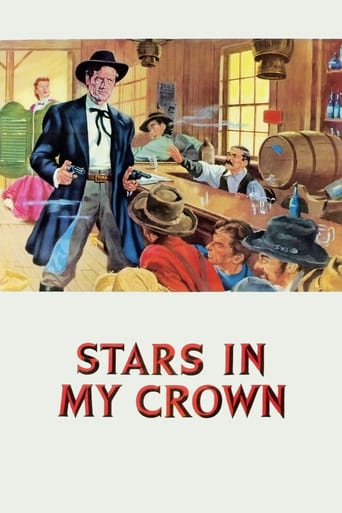
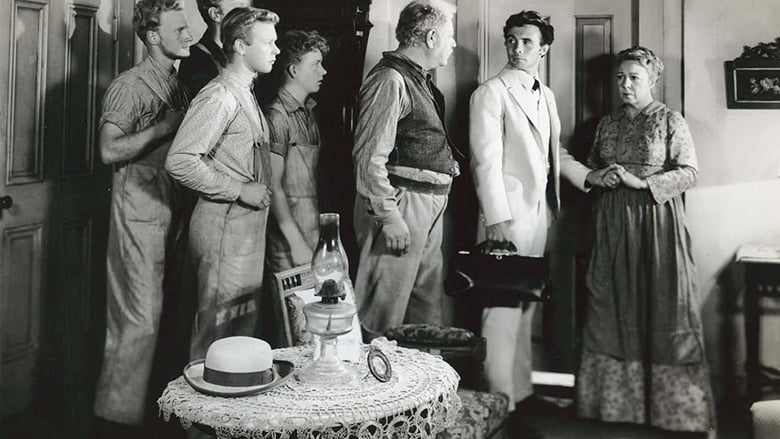
Stars in My Crown (1950)
The story of a young pastor coming to a small town in the United States to set up his ministry. The movie tells of the various relationships and struggles he goes through as he goes about raising his family and preaching to the community.
Watch Trailer
Cast


Similar titles
Reviews
Stars in My Crown is directed by Jacques Tourneur and written by Joe David Brown and Margaret Fitts. It stars Joel McCrea, Ellen Drew, Dean Stockwell, Alan Hale, Lewis Stone, James Mitchell, Amanda Blake and Juano Hernandez. Music is by Adolph Deutsch and cinematography by Charles Schoenbaum.It's post the American Civil War and we are in the Southern town of Walsburg. Preacher Josiah Gray (McCrea) arrives in town and promptly settles down to become an important part of the community. Soon he will come face to face with two killer diseases, that of typhoid and racial hatred.First off it should be noted that some plot synopsis' and poster art are off base, McCrea's preacher is not a gun toting dude willing to use guns to further his causes, it's a brief scene flecked with humour. Also note that the Ku Klux Klan is not mentioned in this, the gang at the centre of the race hatred here are called The Night Riders (Nightriders perhaps?). A veer from what we know as the norm for a Tourneur movie, this only really suffers from being a little too precious and naturally dated in its depictions of small town church life and racial bigotry. But that said, it's such a warm involving picture that is performed and directed with skill, it's almost impossible not to feel good about things come the closure of the play.Story thrives on community strengths and weakness, delicately blending both to show optimism on offer in spite of human fallibilities. The battle between faith and medicine in nicely played, refusing to force feed one or the other, whilst the key scene as the racial hatred reached its vilest peak is potent and hits all the right notes.Cliches and stereotypes are within, perhaps unsurprisingly for the era of film making, while Hernandez's black character is written as far too passive to be utterly comfortable. It also would have been nice to have had more of Charles Kemper's ebullient medicine show host, but complaints are small here and Stars in My Crown is a worthy and comfort food kinda picture. 7/10
A man recalls memories of his childhood growing up as the adopted son (Dean Stockwell) of a parson (Joel McCrea) and the parson's wife (Ellen Drew) in a southern town in the years after the Civil War. A wholesome family image undermined by latent violence, it's a pretty interesting portrayal of the times from director Jacques Tourneur.The title of the film is also the title of Christian hymn that gets repeated a few times. McCrea fits the part of the parson well, saving the town from sliding into darker impulses, represented by menacing Jack Lambert as Perry Lokey, especially in a scene where he's snapping off a few cracks of his bull whip, and Ed Begley as a greedy landowner out to cheat Juano Hernandez out of his land. It's kind of a family movie, but with Tourneur (Cat People, Out of the Past) at the helm, it's darker than most.
STARS IN MY CROWN (1950): with Joel McCrea, Ellen Drew, Dean Stockwell, Alan Hale, Lewis Stone, James Mitchell, Amanda Blake, Juano Hernandez, Ed Begley, Arthur Hunnicutt and James Arness, directed by Jacques Tourneur. Rating: **** stars. VERY HIGHLY RECOMMENDED.One of the most beautiful and touching films I have seen in the last year or so. If "Stars in my Crown" doesn't move you, you have a heart of stone. Joel McCrea - radiating sincerity, integrity and goodness, plays Pastor Josiah Grey, a Protestant minister who was a soldier in the Civil war. He arrives in the small town of Walesville, strides into the bar, puts his six guns guns on the counter and preaches a sermon. And of course he never puts those guns on again. Josiah builds a church, marries Harriet (Ellen Drew) and adopts his nephew John (Dean Stockwell). Trouble rears its head when Lon Bracket (Ed Begley) tries to buy the former slave, Uncle Famous Prill's (Juano Hernandez) land because he wants to mine it. Uncle Famous refuses to sell and an angry Lon sends a bunch of bullies to destroy the place. But the Swedish farmer Jed Isbell (Alan Hale) - a friend of Josiah's who doesn't attend church, and his six boys turn up to fix the farm.Later, a typhoid epidemic strikes the town and young doctor Dr. Harris (James Mitchell) attends to the sick and dying while Josiah attends to their souls. This annoys the doctor, who persuades Josiah that he is responsible for spreading the disease. He's wrong, but Josiah, feeling guilty, closes his church and starts staying indoors. Meanwhile, Lon gathers the Klu Klux Klan and prepares to lynch Uncle Famous. Jed and his sons are ready to shoot it out with the Klan, but Josiah has another plan. At times, this lovely, heartwarming film reminded me of "To Kill a Mockingbird" and I was surprised, considering when it was made, at how strongly it stands against racism and supports Civil Rights. I also enjoyed the fact that Josiah Grey never talks about the supernatural. If only there were more preachers like him in the world. He is a good man through and through. Jacques Tourneur is a terrific director and I have enjoyed many of his films, but this is the best one I have seen yet. Now wonder he wanted to make it so badly that he was prepared to accept a minimal salary. It's a gentle, yet powerful classic. The final stand off between Josiah Grey and the Klan, BTW, is unforgettable.
Narrated by a now grown-up Dean Stockwell, this is the story of an ex-Confederate soldier, Joel McRea, who comes to the town of Whalesville, hangs up his guns, and becomes the town preacher.There are multiple narrative threads. The town's old doctor dies and his stern, somewhat atheistic son takes over. A little friction there. Then there's the typhoid epidemic which lays much of the town low. One glimpse of chubby, perky little Dean Stockwell and you know he's going to be one of the patients. Then there's the conflict between old Famous, played by Juano Hernandez, Hollywood's Negro, and blowhard, greedy Ed Begley who wants Hernandez's land because Begley's mica vein runs through it. This leads to the final confrontation in which the Ku Kux Klan comes to lynch old Famous and take his land. They're talked down by the patient, honest, true-blue Joel McRea. Everybody winds up singing the hymn, "Stars in My Crown," in church and they all live happily ever after. Well, Ol' Famous isn't seen singing in the white church. We don't want the fantasy to turn clotted.There are a couple of notably above average elements in the film. One is Jacques Tourneur's direction. It can't be reproached. Like his mentor, Val Lewton, he's seen to period detail. Watch the fly scarers swirl over the freshly baked chocolate cake. Watch the mechanical apple peeler at work. He overplays nothing, nor do the actors. (Interesting to see James Arness and Amanda Blake working together before "Gunsmoke.") The director and the performers don't overplay anything, and they deserve thanks, because the script overplays everything for them.It's really a rural wonderland we see, and a slightly anti-modernistic one, a little sour beneath all the treacle. Any movie in which a disabled ex-Confederate soldier and his half-dozen sons break out their guns and ride to save an old Darkie from losing his pitiful plot of farm land represents something other than a naturalistic view of humanity.The town's new doctor is described by his dying father, the town's old doctor, as "long on learning and short on experience." (Something like that.) The experience he must learn is to give up his claim to Aesculapian authority and become just one of the folks, not hoisty-toity, not an elitist, singing in church, smiling happily, settling in.This is John Ford territory but I doubt that Ford would have been so committedly earnest. The narration wouldn't have to spell out for us how essential it is that we all hang together, that we don't feel innately superior to anyone else, that we treat each other fairly, that we think of the community before we think of ourselves. Ford would have shown it. There would be dances, humor, drinking, a comic fist fight, a miscreant boy being spanked lovingly.If you liked the TV series, "The Waltons," you'll probably kvell over this one. If you liked "To Kill a Mockingbird," you'll like this too, although "Mockingbird" is in many ways a more demanding tale.I was trying to think about audience responses to this. It was released in 1950. There were people in the rural audiences for whom this represented a kind of glowing memory, blended with a certain dreaminess; there were people who could easily recall their youth from forty years earlier, in 1910, when many of the characteristics of small-town Southern life would have been living reminiscences. The horses, the drinking out of wells, everybody deferring to the Parson, the reassuring doc making house calls with his black bag, the town meanies who are good at heart. That traditional life style was no farther back in time for them than Vietnam is for us.The movie is like one of those Twilight Zone episodes in which a harassed modern man is transported back to his innocent, happy childhood. It's satisfying in its own way.


